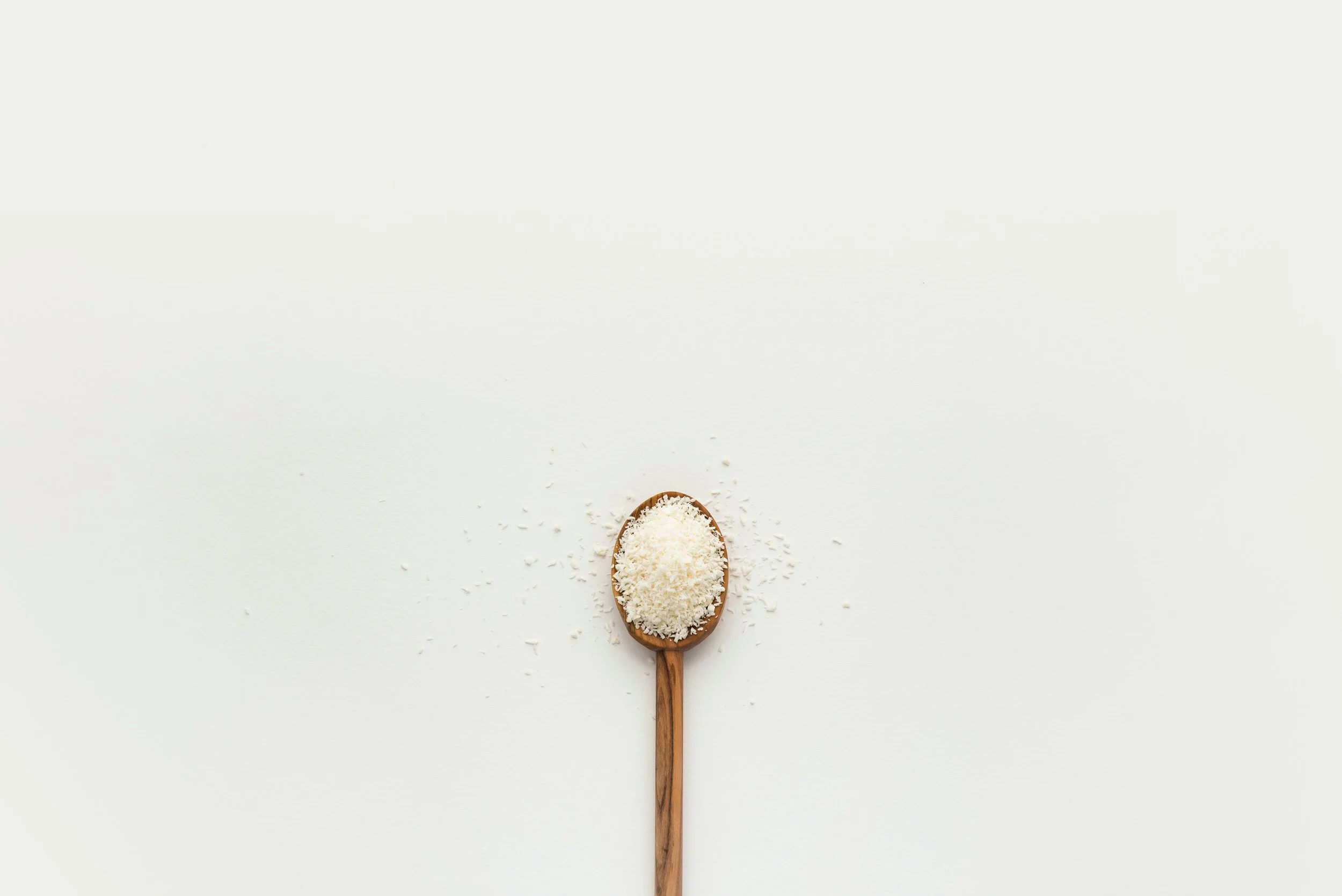It's raining in California this week. The gentle drumming of raindrops, smell of moist asphalt, and warmth of a candle next to my laptop or steamy cup of tea in my hands... It brings me back to the little delights of being alive. The ones that don’t cost money. That don’t hinge upon “success.” That are completely outside the undisciplined pursuit of more.
Our lives are so abundant in these little moments, so why is it that do we often feel so scarce? Never enough time, money, space, or happiness. When in fact, it’s already all right here?
Most of you are probably familiar with the “marshmallow experiment.” The social study from which a correlation was later suggested between children who practiced delayed gratification - in this case, ability to withhold from eating one marshmallow in order to later receive two - and better outcomes in life (read: SAT scores).
Many valid criticisms of the various conclusions of the study aside (including more recent research that has suggested just how much socioeconomic factors played a significant role), when the study comes up I always find myself questioning if anyone ever stopped to ask: Even if children who practice better delayed gratification are more “successful” by traditional standards later in life, are they actually any happier?
Don't get me wrong, the ability to practice short-term discipline in service of our long-term goals is incredibly valuable, and many of our longer-term pursuits vital to our larger sense of life satisfaction and fulfillment. But the other extreme that rarely gets talked about is that those of us who are conditioned to delay gratification early in life often find ourselves deferring for two marshmallows, and then three, and then four and five and on and on…
At some point, we can no longer recognize that one marshmallow actually was enough. In fact, we rarely stop long enough to enjoy a marshmallow at all, until we have precious little time left to do so. By the time we've gotten to the point that we have enough bags of marshmallows to make us sick several times over, we've sacrificed the opportunity to enjoy a little at a time over the course of our lives.
So was it the kids who chose the path of immediate gratification who actually might have gotten it right? Have they had the audacity to actually let themselves enjoy all the various pleasures in life, while the rest of us either endlessly deny ourselves for the sake of something later and later, or at the very least wait until we finally feel like we’ve “earned” it just to be allowed?
Of course it’s not that simple, but I offer taking a step back and seeing where you’re missing just how much richness you could already be enjoying today because you’re stuck heads down grinding for something “more.”
The pandemic brought us an unprecedented historical opportunity to go back to the little things. Simple pleasures like slowing down enough to sip on our morning coffee or go for a short walk in the middle of the afternoon. Hand-kneading bread or savoring the art of a homemade craft cocktail. Listening to music, leisurely reading a book, and getting lost in thought. The feeling of the sun across your skin, or sand and grass between your toes. But as the promise of the end draws nearer, I know at least I already find myself more and more frequently getting drawn back into the temptation to want and need once again, bigger, better, more.
So even as I, too, long for many of the things we've lost this past year, I also find myself slightly anxious about going back to things as they once were. Sure we often talk about being more intentional about what the “normal” we want to go back to looks like, but we also have to realize that it will inevitably be a challenge to resist the pull of falling into old patterns once again.
A friend recently shared a reminder from Marcus Aurelius’s Meditations, which we’ve been slowly venturing through over quarantine time and space together: “Little is needed to make a happy life.”
Make the little things in your day-to-day life delightful and romantic. You don’t need a lot.
Because if happiness is part of the end goal, it's probably smart not to delay it too long ;)





